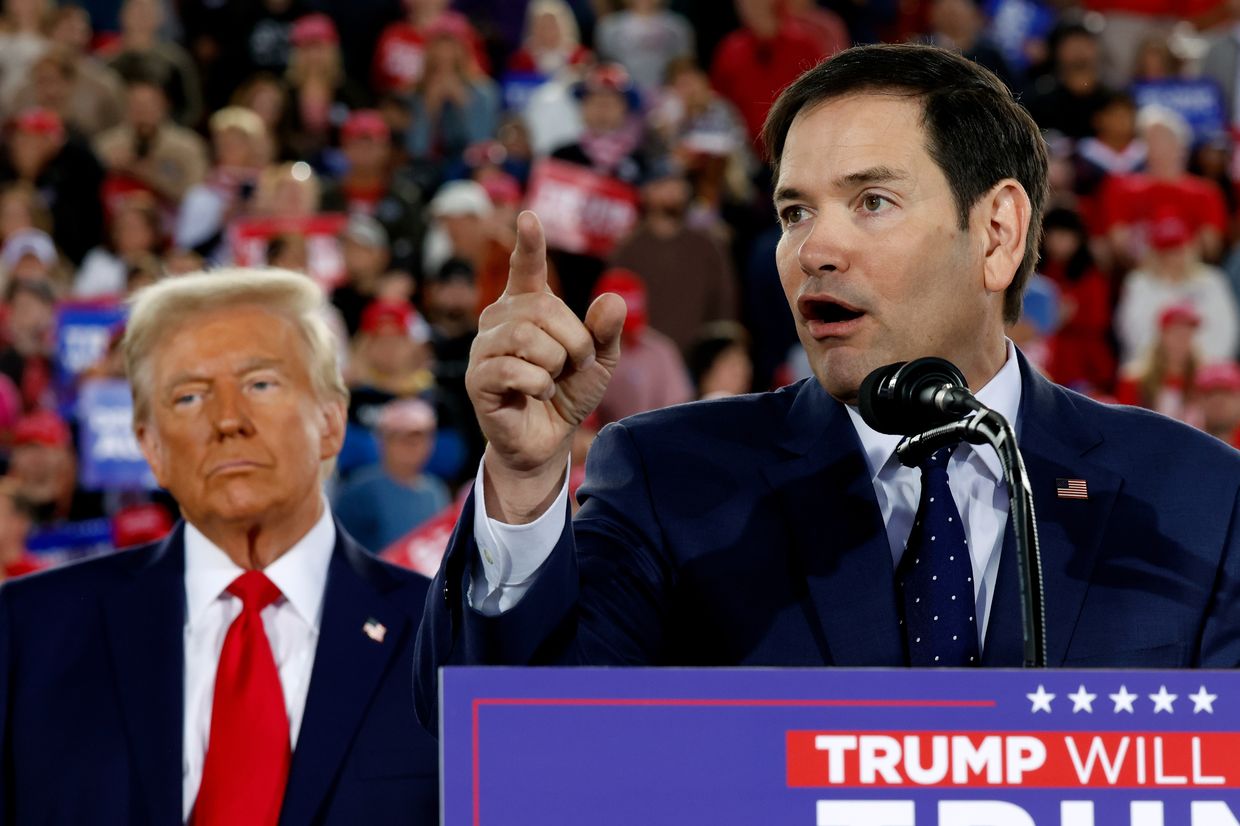Ukraine, Russia have to make concessions to end war, Rubio says

Both Ukraine and Russia will have to make concessions to end the war, Marco Rubio, U.S. President-elect Donald Trump's pick for secretary of state, said on Jan. 15 at his confirmation hearing before the Senate Foreign Relations Committee.
Rubio called on everyone to be realistic, suggesting that Russia's concession would be to not advance any further, while Ukraine's concession would be to give its territories currently under Russian occupation.
"It is important for everyone to be realistic: There will have to be concessions — made by the Russian Federation, but also by the Ukrainians… It is also important that there be some balance on both sides," Rubio said.
Since invading Ukraine in 2014 and escalating its war of aggression in 2022, Russia has occupied about 20% of Ukrainian territory, imposing repressive measures on the local population and prohibiting any expressions of Ukrainian identity. Ukraine has repeatedly said it would not recognize its territory currently under Moscow's control as Russian.
Trump, who takes office on Jan. 20, repeatedly pledged during his election campaign to negotiate a swift end to the war after taking office. However, he has never elaborated on how exactly he plans to achieve that.
"There is no way Russia takes all of Ukraine. The Ukrainians are too brave and fight too hard, and the country is too big. That's not gonna happen," Rubio said.
"It is also unrealistic to believe that somehow a nation the size of Ukraine… gonna push these people (Russian troops) all the way back to where they were on the eve of the invasion," he added.
According to Rubio, the U.S. must not allow Russian President Vladimir Putin to return to his plans to take over Ukraine in four or five years.
Rubio publicly praised the bravery of Ukrainian defenders but was among the 15 Republican lawmakers in the Senate who voted against the $61 billion aid package for Ukraine, which was eventually passed in April 2024.
Rubio did not support President Joe Biden's administration's policy regarding assistance to Ukraine, as, according to him, the White House "has never been clear about how this conflict will end."
The 53-year-old Florida Senator will replace Antony Blinken in the position, and as the top U.S. diplomat, he would be at the forefront of potential peace negotiations between Kyiv and Moscow.











